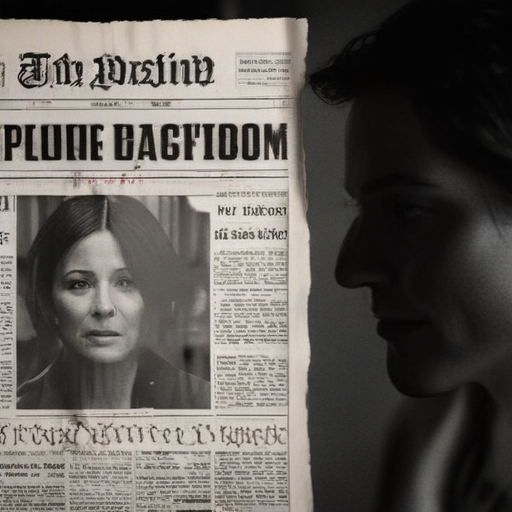New allegations are emerging against acclaimed novelist Neil Gaiman, adding to the nearly dozen claims from women who accuse him of sexual assault. Vulture’s recent report outlines these allegations, revealing four new accounts that share similarities with five accusations previously disclosed in a six-episode podcast series from U.K.-based Tortoise titled “Master: the allegations against Neil Gaiman,” which aired during the summer of 2024.
Gaiman, who is known for his celebrated works like “The Sandman,” “American Gods,” “Coraline,” and “Good Omens,” has faced serious accusations involving incidents where women were allegedly assaulted, often when they were much younger than the author, who was in his 40s or older at those times. The women involved, some of whom were fans or associates, have detailed harrowing experiences of being coerced into sexual acts. Gaiman’s representatives maintain that such incidents were consensual and fell within the realm of BDSM practices.
One notable account comes from Scarlett Pavlovich, who after being employed as a nanny for Gaiman’s then-estranged second wife, Amanda Palmer, reported being assaulted by Gaiman at his home. Other women, such as Kendall and Kendra Stout, have recounted their traumatic interactions with Gaiman, ranging from instances of forced sexual acts to accounts describing abusive relationships that veered into physical torture.
Gaiman’s relationship with Palmer ended in divorce in 2022, and it is suggested that Gaiman’s alleged behavior played a significant role in their separation. Reports indicate that Gaiman’s actions have led to delays and cancellations of several projects associated with him, including adaptations of his works by major entertainment companies.
The unfolding situation raises important discussions about consent and the responsibilities of public figures. It casts a significant shadow over Gaiman’s illustrious career and the adaptations of his beloved stories.
As we navigate this complex narrative, the hope is that the ongoing dialogue leads to greater accountability and understanding of boundaries within the creative industry, promoting a safer environment for all involved.
